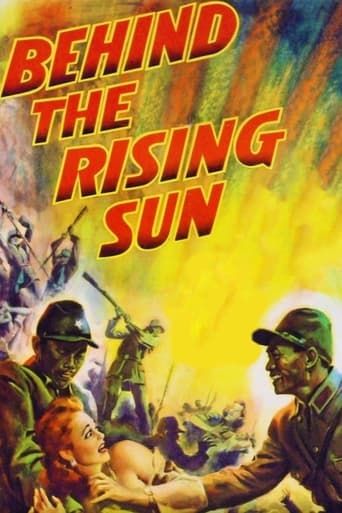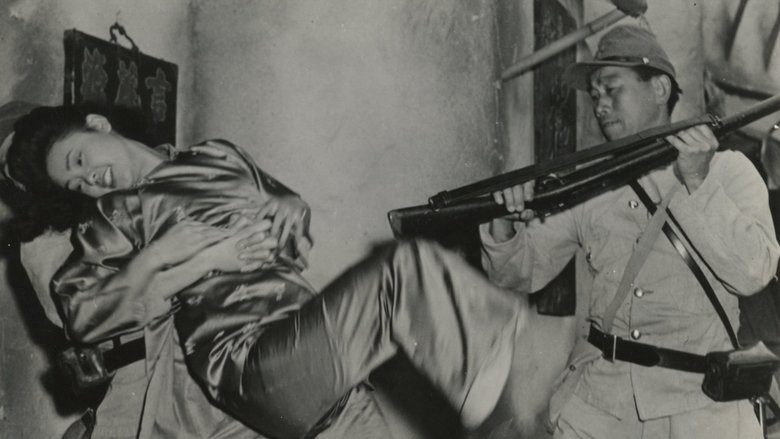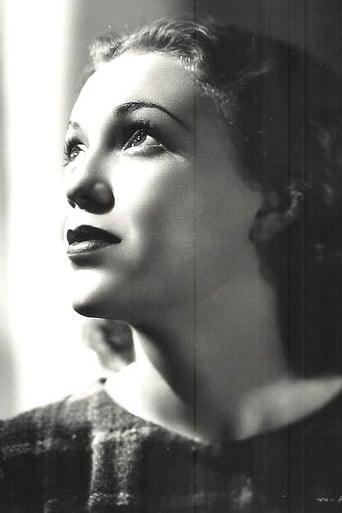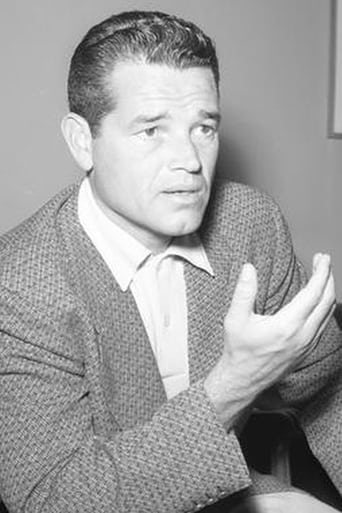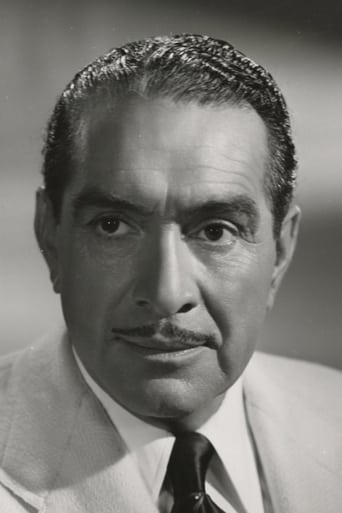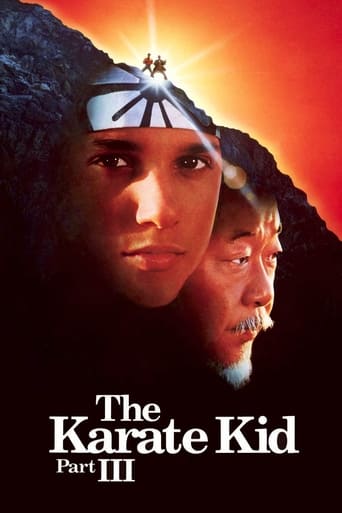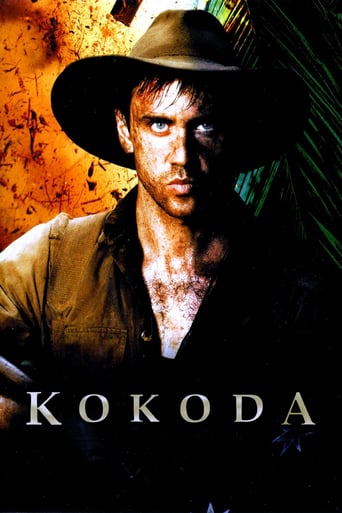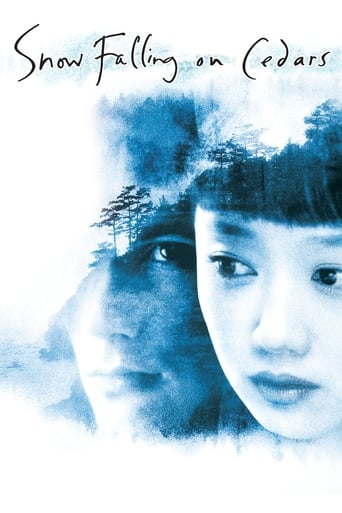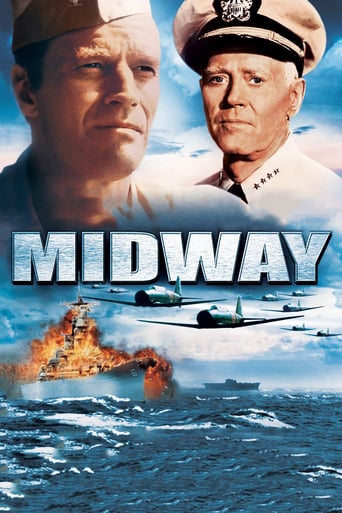Behind the Rising Sun (1943)
A Japanese publisher urges his American-educated son to side with the Axis.
Watch Trailer
Free Trial Channels
Cast


Similar titles
Reviews
This Movie Can Only Be Described With One Word.
A bit overrated, but still an amazing film
There is, somehow, an interesting story here, as well as some good acting. There are also some good scenes
Strong acting helps the film overcome an uncertain premise and create characters that hold our attention absolutely.
... and to talk about them in any sympathetic way whatsoever. Taro Seki(Tom Neal), a happy go lucky kid, returns to Japan after finishing his degree in engineering in America. His father, Reo (J Carrol Naish) is a VIP in the government. Now it did seem a bit much that Taro would greet his dad after only four years in the U.S. with the 1940's version of "Hi daddy-O how's it hanging? I'm just swell!", but I guess the writers had to quickly show how much he had bought into the American dream and planned on living it in Japan. Taro goes to business man Clancy OHara (Donald Douglas) for an engineering job, gets one, and meets Tama (Margo), Clancys secretary. They begin seeing each other and decide to marry, but Taro is drafted into the Japanese army and is shipped off to China. All the while, Taro's father is disapproving of Taro marrying someone he considers to be a commoner, although he has nothing personal against the girl. There is a sideplot of the European and Americans living in Japan. American journalist Sara practically proposes to Clancy, but you can tell he is scared stiff of the idea of marriage even though he enjoys Sara's company. Sara feels rebuffed, and goes off to report in China on the Japanese occupation for years. Occasionally she runs into Taro, who becomes increasingly hardened to the violence around him. Then Taro finally returns to Japan. And then December 7,1941 rolls around with his American friends still there, where things soon become very unpleasant.The war was still on when this was made, so naturally Japanese actors couldn't have taken these parts even if they had wanted to take them. It does a good job of showing how traditions that had held fast in Japan for centuries - loyalty to family, belief in the emporer, the high esteem given to the military, could warp into something that becomes a killing machine under the right circumstances and the wrong leaders. I'd recommend it if you ever get a chance. It isn't as preachy as many films made during WWII about WWII.
Considering that this is blatant propaganda basically it is to Japan what "Hitler's Children" is to Germany, and from the same director it's a somewhat difficult film to evaluate today. I end up going on the negative side I really don't think that for anyone other than people like myself who are interested in propaganda as a subject that there is very much of value in this film at this point. But I do think that for war-time American audiences it wasn't a rip-off; it did provide a varied entertainment vehicle with surprising elements like a young Robert Ryan boxing against a Sumo wrestler and a fairly interesting love story between the secondary American characters (Gloria Holden and Donald Douglas).The most striking thing about this movie is how hard it strives like "Children" to establish the humanity of the Japanese characters before showing how fascist systems of thought dehumanize them and make them capable of doing unimaginable deeds (this film implies that babies are being thrown into some kind of pit and shows children being separated from their mothers so the Japanese army can have their way with them). Unfortunately this effect is greatly damaged by having non-Japanese actors for all the major roles. This isn't a practice that I think deserves the kind of blanket-condemnation that it's received lately. I don't think it's inherently racist to have an actor portray a role that's not of their racial type Lon Chaney's appearance in "Shadows" is no more racist for example than Denzel Washington's appearance in "Much Ado About Nothing." We should not dismiss the artistic validity of a performance simply because the actor is playing outside his native racial heritage to do so is far too limiting for actors and shows a lack of imagination on the part of audiences. But in this case I just feel that given how sensitive the material is Japan's atrocities in China and the Pearl Harbor bombing, for example it would be highly preferable to have actual Asian-American actors in the roles. And I think this would even have strengthened the film's function as propaganda at the time of its release both here and abroad. And the final nail in the coffin is the fact that they picked Tom Neal ("Detour"), an unimpressive actor with no screen presence and a distinctly European face that simply defies all putty and paint and never convinces. Usually in these kind of films I start to ignore the racial difference regardless of how European the actor looks for instance Boris Karloff was convincing in "West of Shanghai." But Neal is not a good enough actor to make us want to forget that he's playing outside his racial type because he's also playing outside of the range of his talent. J. Carrol Naish shows how it's done his performance as the father, Reo Seki, is very subtle and accomplished and we stop thinking about any racial difference within minutes because of the skill with which he fills out the role. So there's a strong contrast here within this movie that really damages whatever is left of its dramatic strength. But it really would have helped as well if they had selected an actor for Taro Seki who had a somewhat less distinctive face without quite as strong a jaw as Neal.I did think it was pretty surprising that the narrative so completely abandoned Taro Seki (Neal) I kind of kept expecting it to make a hero out of him again in the end somehow. Instead the film shifts to the point where Reo Seki is someone we can relate to more than the son who seems to be so American at the beginning of the film. So the movie benefits by not being as predictable as it could have been. It really allows Japanese culture to emerge with some dignity. Too bad they felt they had to fill it with absurd elements. For example in one scene when Japan declares war on China, a man with a rather comical but somehow scary Asian face (Paul Fung, apparently) jumps out and the American characters say something like "oh no, it's the Samurai Sword dance!" just as he starts to twirl and pounce ridiculously around the room. In another scene Japanese soldiers hand out opium to small Chinese children instead of bread.It would be really fantastic if the movie actually was what it appears to be an exploration of how good people become evil people under the influence of fascist ideology. Some of the early scenes like the one where Taro Seki takes his girlfriend (Margo) to a baseball game that's interrupted by military drills and an instruction that "everything you see on the field should be viewed as military preparation", seemed to promise such a movie. But in reality it's a bit more ambitious than it probably should have been in terms of humanizing the Japanese, producing a film that from today's eyes (at least, mine) appears even more bizarre than some of the more one-sided propaganda films from the period simply because it's trying to do so much but then betrays that attempt whenever necessary or even perhaps convenient. The director, Dmytyrk, actually got in trouble later on in the 50s for some of the things he did in these films and in some of the films he made after the War ended. In this film for example we have a sympathetic Communist figure in "Boris" (George Givot). Dmytryk always had big ideas but his style of directing is very straightforward and in this particular film there's not much personality to distinguish it from your run of the mill B propaganda picture, except perhaps the attention that's been paid as I said above to keeping the humanity of the Japanese front and center, and this goes for both negative and positive portrayals of the characters.
This film was an attempt by Edward Dymtryk to show the Japanese as individuals, and not as stereotyped sub-humans commonly portrayed in the other films of the period. The goal was to show Japan's aggressiveness was the result of a militaristic culture that came to dominate the country by squashing out all forms of liberalism. The Office of War Information (OWI) approved of the approach for they were constantly dismayed by Hollywood's depiction of the Japanese, feeling that after the U.S. had won the war these types of negative portrayals would only hinder a solid relationship between the two nations. I think it could be argued that "Behind The Rising Sun" failed to meet expectations, and ended up being a confused piece of propaganda. This is what probably makes it rather fascinating to watch today. It never firmly develops any major sympathetic Japanese character except the one played by Margo, and the basis of her character is that she is intrigued by all things American. The Japanese character played by J Carrol Naish has changed his political outlook by the conclusion of the film to be against Japan's expansionist aspirations. He decides his best course of action is to kill himself. Tom Neal, who looks like he is auditioning for a part in a video for The Vapor's "I Think I'm Turning Japanese," is apparently supposed to be an example of how Japan's militaristic culture can take a happy-go-lucky fellow, and transform him into a ruthless and cold hearted killer. His transformation doesn't seem very believable. His actions seem to support the racists notions the viewer might have had at the time rather than cast doubt on them."We never let a cat break up a good poker game in Idaho" --Lefty I think my favorite scenes in the film involve Robert Ryan's character, Lefty. When he shoots his pistol at a cat, and the authorities show up and confiscate his gun he is completely befuddle. It's like he can't believe he is in a country that is so oppressive that a fellow can't even shoot a cat. His fight scene with Mike Mazurki is quite memorable too.
We'd call it racist today, but this constantly amusing bit of rabble rousing did what it had to do at the time, while allowing somewhat refreshingly that not all Japanese were monsters. When this was made, the outcome of the war was still not assured, although the bombing raids over Tokyo were in full swing, as the end of the film shows. Along the way there's an incongruous mix of white RKO stock leads unconvincingly playing the main Japanese characters while actors of actual Japanese descent play minor supporting parts. J. Carrol Naish may seem silly as a Japanese businessman, but he is surprisingly sincere as the misguided father who goads his nonviolent, Americanized son with jingoistic pleas to enter military service. To the father's eventual dismay, the son, played by Tom Neal in one of Hollywood's more notable instances of miscasting, becomes an increasingly callous savage who comes to relish Japanese atrocities while on duty in China. Showing that Hollywood could do the Goebbels thing with the best of them, the film proceeds to show Japanese soldiers pushing opium on children, yanking mothers away from crying infants, hauling Chinese women into prostitution houses, bayoneting children, and--worst of all--slapping around American nationals! The highlight is a wacky, drawn-out duel of strength between an American boxer (Robert Ryan doing his "The Set Up" thing six years before the fact) and a Japanese jujitsu expert. The film's opening titles claim that the whole thing is 100 percent true and authentic, a perfect red flag to take it all with a grain of salt.

